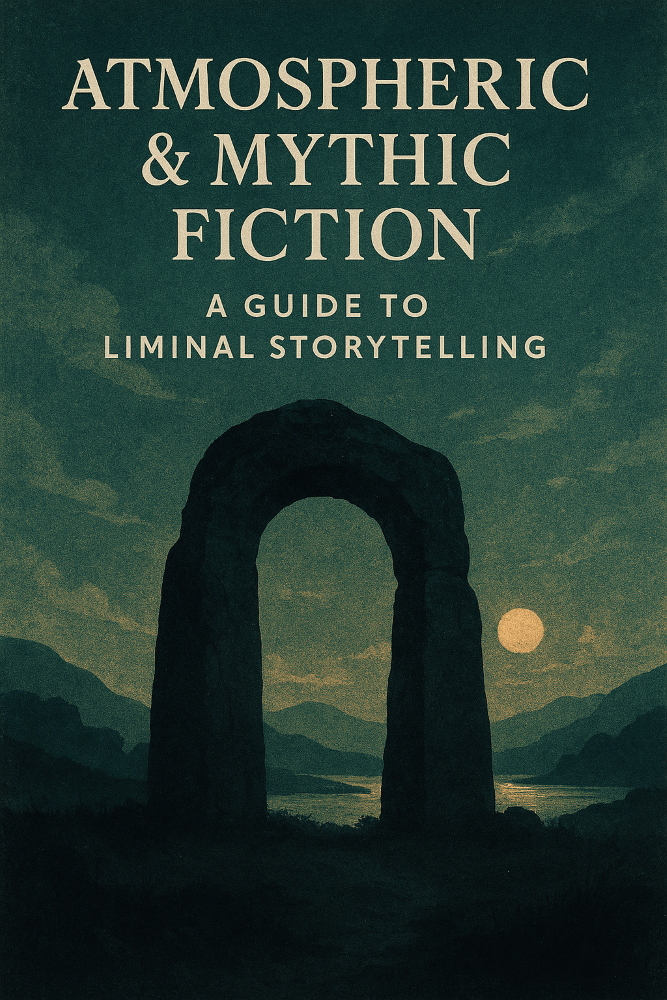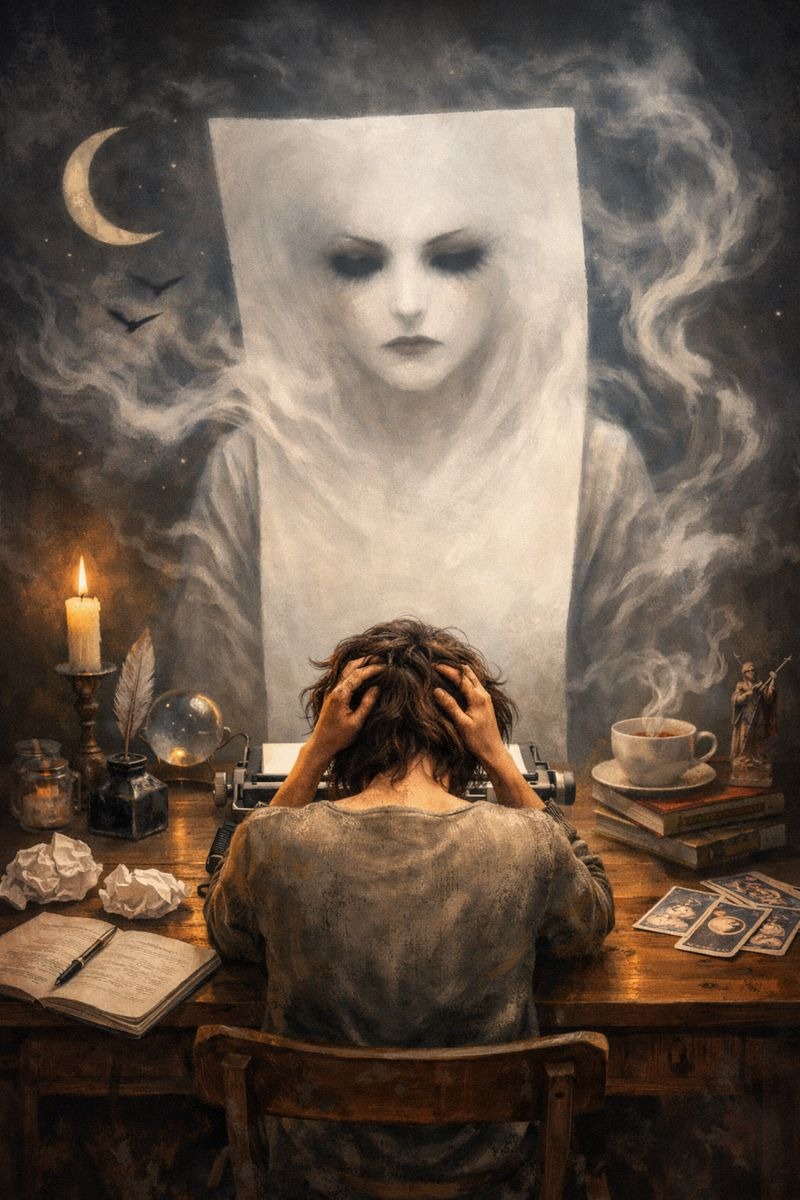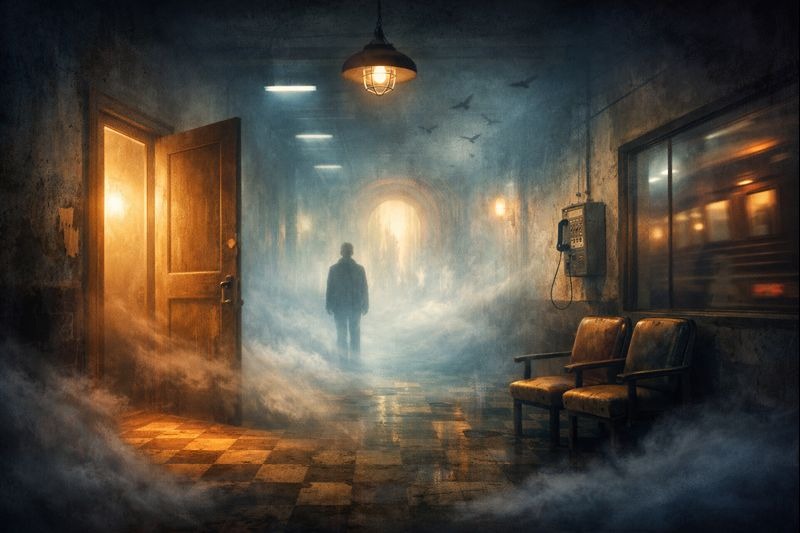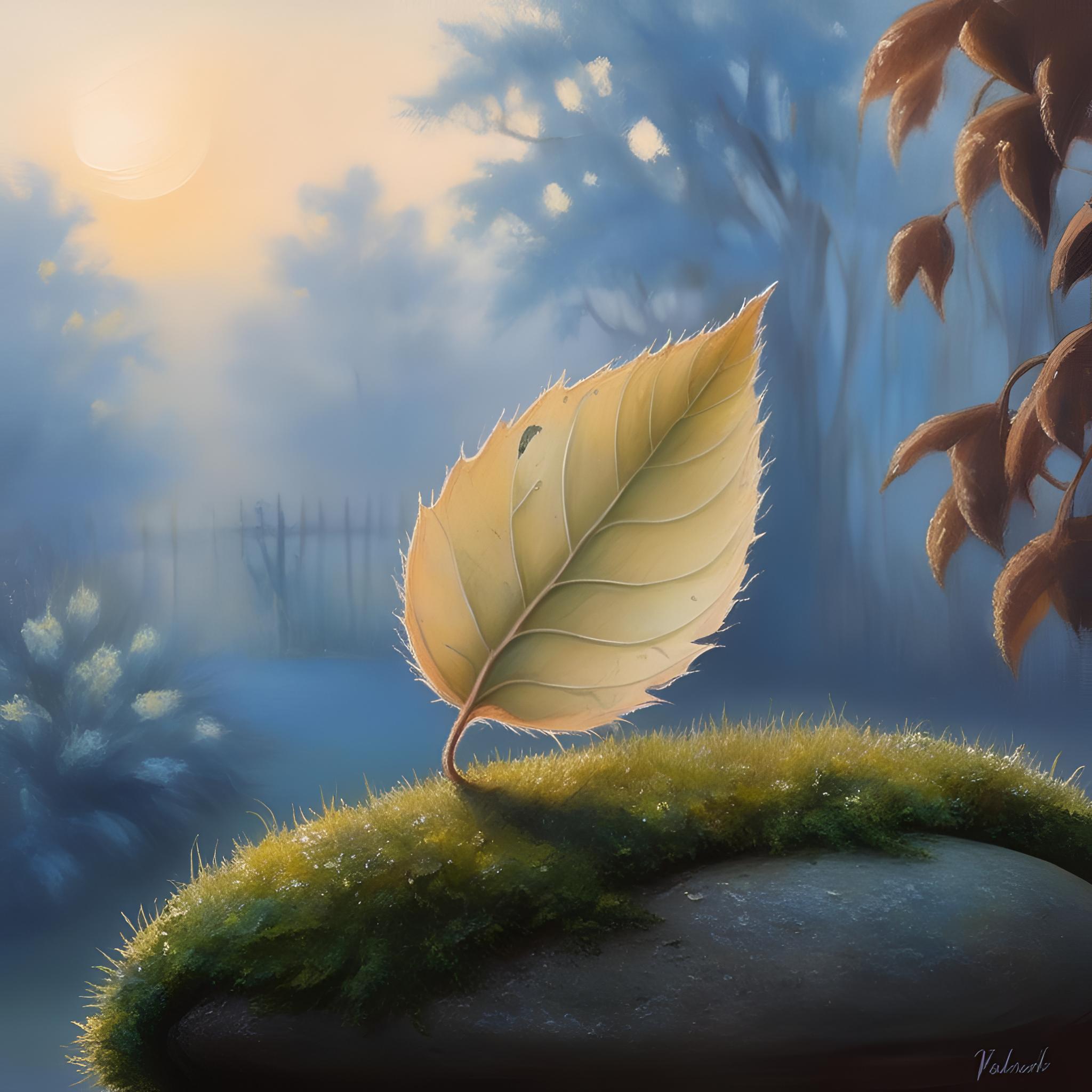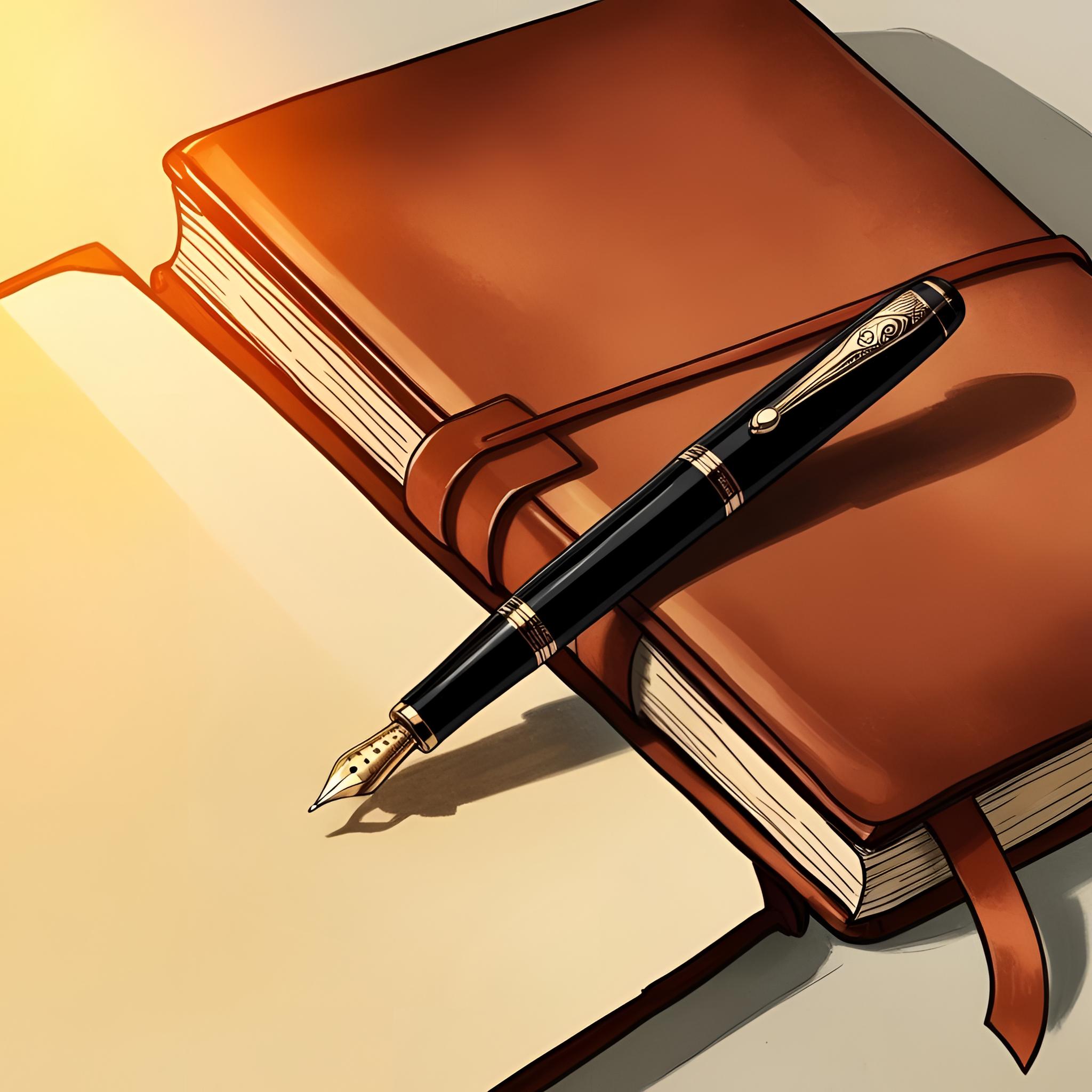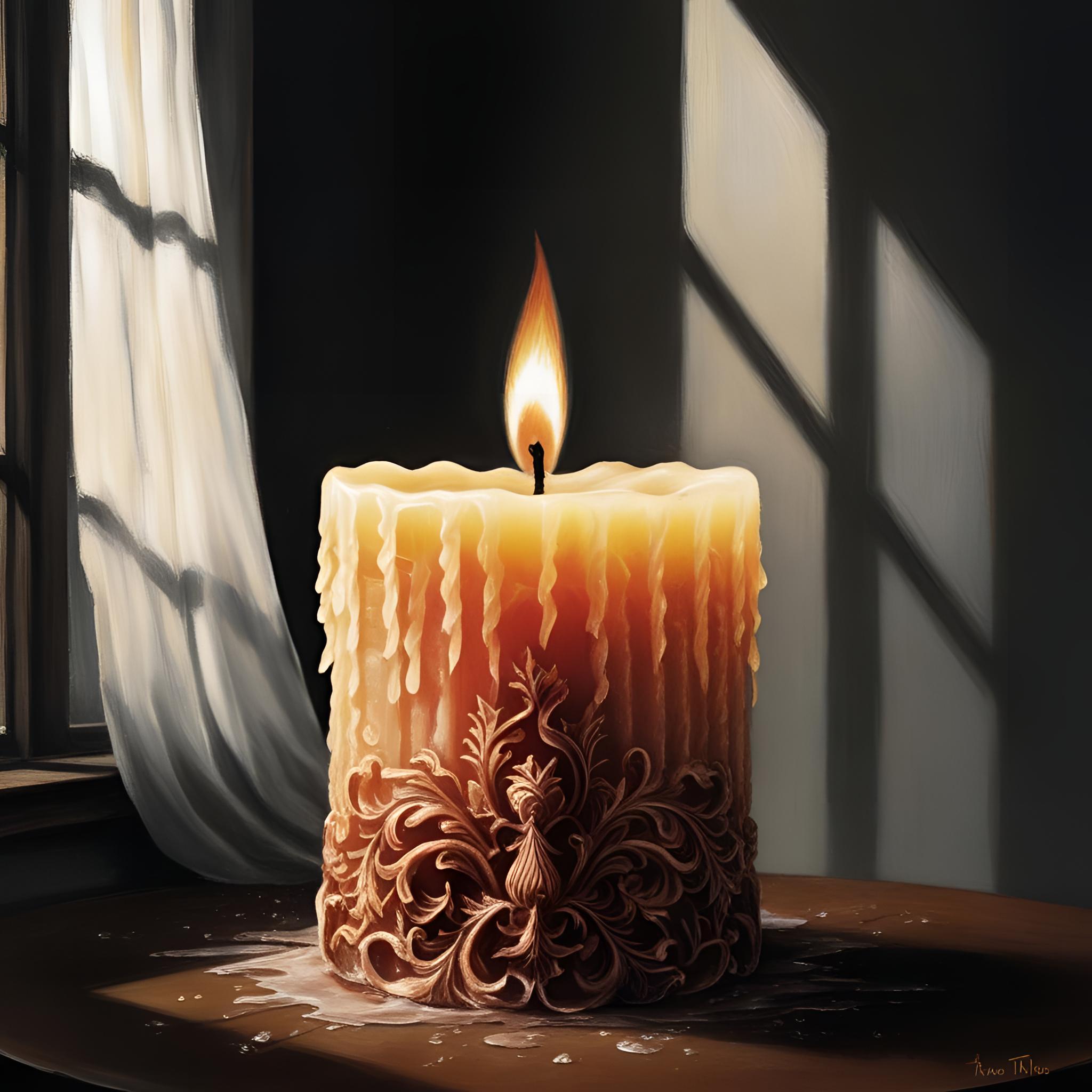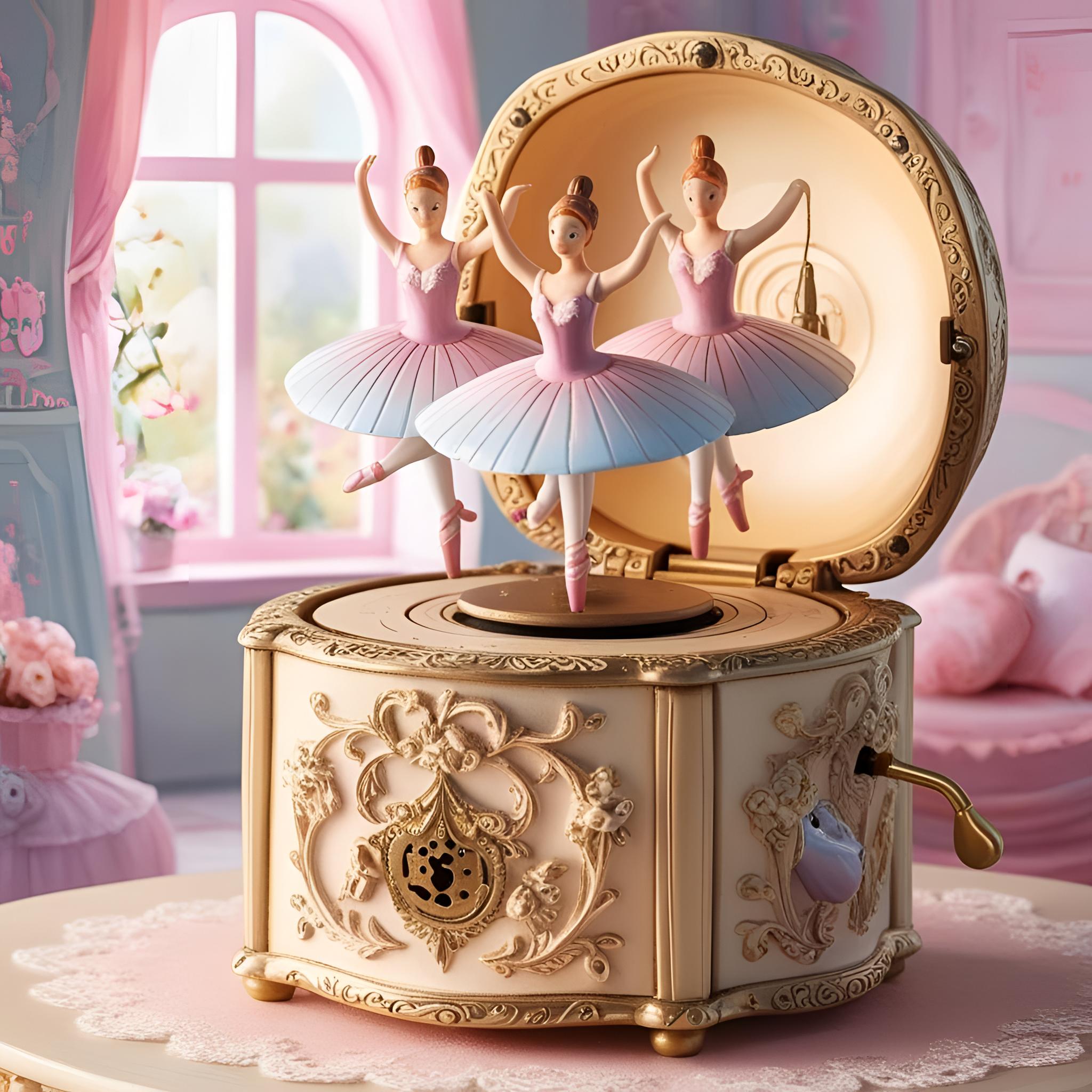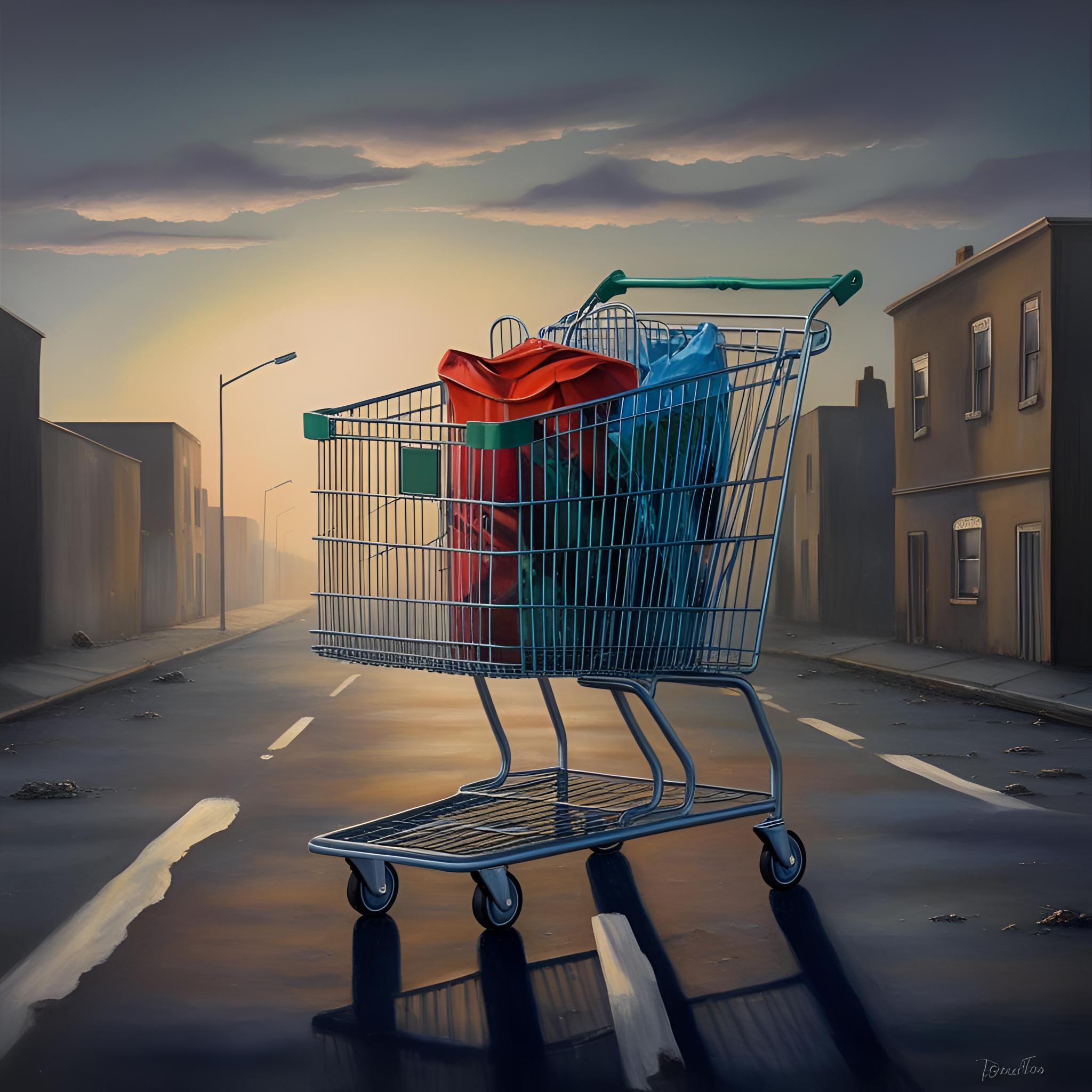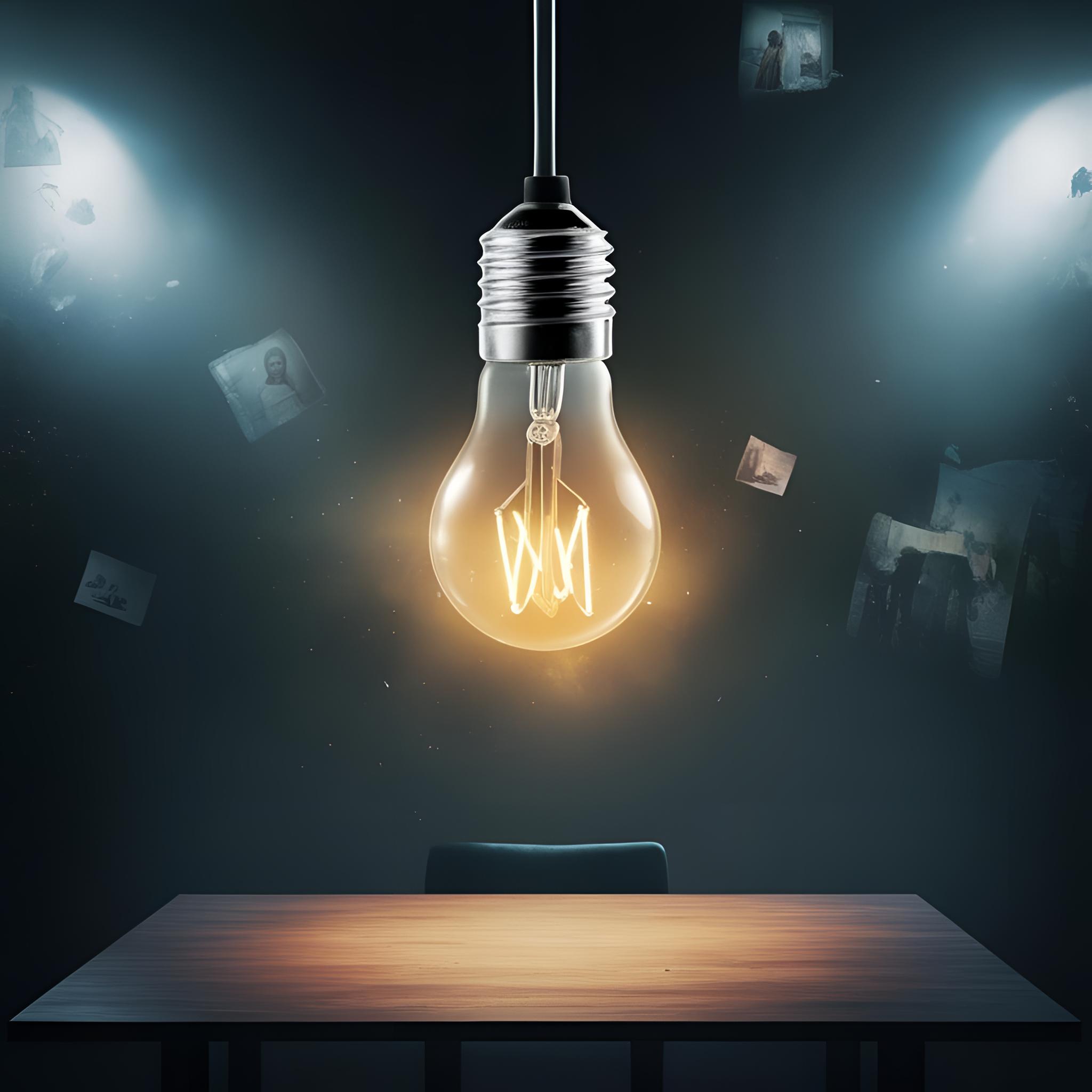How (and Why) Readers React to Books: A Love Story of Projection, Resistance, and Revelation
There’s no such thing as a neutral reader.
Give someone a book, and you’re tossing a lit match into the oil-slicked bay of their soul. Some will warm their hands by the fire. Others will cry arson. The same story that soothes one reader to sleep may give another an existential rash. Why?
Because reading isn’t passive. It’s bloodsport. It’s therapy. It’s an identity crisis in paperback form.
So let’s dissect this exquisite mess: why readers react the way they do. What makes one swoon and another sneer? Spoiler alert: it’s never just about the book.
1. The Baggage Readers Bring (and Unpack, and Trip Over)
You never read a book alone. Your inner cast of exes, teachers, traumas, hometowns, and Spotify playlists are all in there with you, whispering their unsolicited commentary into your ear.
Life Experience: The Invisible Highlighter
If a character walks through grief and you’ve walked that same path barefoot, you’ll feel it in your marrow. That passage isn’t just ink on paper—it’s a mirror. And mirrors aren’t always kind.
But empathy cuts both ways. A book that gets too close can trigger a reader’s defences. Denial, deflection, disgust; all the juicy tools of psychological self-preservation. Not everyone wants to see themselves in the story. Sometimes we read to escape the mess, not face it.
Cultural Code: Read Between the (National) Lines
A novel steeped in one culture’s language, rhythm, or rituals may feel like home to some readers, and like a locked door to others. Idioms don’t always translate. What reads as poignant in one tradition might read as melodramatic or baffling in another. But confusion is just curiosity in disguise. The question is whether the reader is willing to lean in… or back away.
Genre Expectation: The Unwritten Contract
Pick up a romance and expect swoons. Pick up a thriller and expect gasps. But if that romance ends with everyone dead or the thriller turns out to be a meditation on grief? Cue the Amazon reviews that sound like heartbreak: “Not what I signed up for.”
Genre is a pact. Break it carefully, or be brilliant enough that they forgive you.
2. The Book Itself: Plot, Prose, and the Power to Wound or Woo
Once the reader opens the cover, the book gets its shot at seduction. But not all lovers are smooth.
Characters: Who We Root For (and Who We Secretly Are)
We don’t fall for characters because they’re perfect. We fall because they’re familiar in the places we haven’t fully admitted. The brave reader lets themselves care. The guarded one disengages when a character dares to reflect something too raw.
And let’s face it: if the characters are flatter than week-old soda, no amount of plot pyrotechnics will save the show.
Plot: The Emotional Pacing of a Heartbeat
Some readers crave speed; give them murder, chase scenes, and cliffhangers. Others want long glances, inner monologues, and melancholic tea-sipping. A mismatched pace can lose them entirely. But get it right, and you don’t just tell a story, you trap them inside it.
Surprise is the secret ingredient. Plot twists, revelations, betrayals; we crave disruption as long as it’s earned. Betray us without cause, though, and we’ll throw the book across the room (or worse, give it three stars).
Ideas: The Brain Candy (or Bruises)
The books that haunt us don’t just make us feel, they make us think. And sometimes thinking hurts.
A good book can make a reader question their values. A great one can rearrange them. But not everyone is ready to have their mental furniture moved. Reactions to theme-heavy books. Think Orwell, Atwood, Baldwin; can range from reverent nods to righteous rage.
You’re not always fighting the idea. You’re fighting the part of yourself that doesn’t want to agree with it.
Style: Where Beauty Meets Barrier
Writing style is like seasoning, too bland, and no one remembers it; too spicy, and half your readers choke. Stream-of-consciousness? Some call it genius; others call it gibberish. Flowery prose? For one reader, it’s lyrical. For another, it’s just trying too hard.
The structure can trip readers up. Nonlinear timelines. Unreliable narrators. Footnotes that spiral into footnotes. Some thrive in the chaos. Others want a clean map, not a treasure hunt.
3. Context Is Queen
A book is never read in a vacuum. It’s read in bed, on the subway, between chemo appointments, during revolutions. Context changes everything.
Time and Timing: You Read the Book, but the Book Also Reads You
The same book at age 16 and age 46? Two entirely different beasts. What once felt profound may later feel naïve. What once bored you to tears may now read like a revelation.
Reading is alchemical; who you are in that moment transforms what the book becomes. Some novels are masterpieces only when read during heartbreak, insomnia, or a particularly grey November.
Societal Climate: The Mood of the World Leaks into the Page
A dystopian novel hits different during an election year. A feminist classic hits harder post-#MeToo. Books that once felt like warnings start to feel like news headlines.
Censorship, cultural shifts, and political tension; these all tint the lens. The more reactive the world, the more volatile the reading experience. What once felt brave might now feel outdated. What was once dismissed might now be declared essential.
4. The Book as Mirror, the Reader as Mystery
Ultimately, a book is only a skeleton. The reader gives it muscle, breath, and heartbeat. Reaction is resurrection. That’s where the magic lives.
Mirror, Mirror: See Me or Challenge Me
A good book reflects us. A great book refracts us. It shows us not just who we are, but who we could be, or were, or never want to become.
Some readers want to be seen. Others want to disappear into someone else’s life for a while. The best books do both.
Haunting Power: The Echo That Stays
Not all reader reactions are immediate. Some books lie dormant in the mind like seeds under frost. They grow later, when a smell or song or a stranger’s sentence cracks them open.
The books we revisit, quote, or dream about; those are the ones that etched themselves into our subconscious. They’ve earned their ghosts.
Final Chapter: Why It Matters
Understanding how readers react isn’t just for critics or academics. It’s for writers who want to strike the right nerve. For teachers who want to spark conversation instead of yawns. For readers who want to know why that one chapter made them cry at a bus stop.
The reaction to a book is never just about plot or prose. It’s about projection. Resistance. Recognition. Revelation.
And that’s the beauty of it: every reader brings their own storm. A book just offers the lightning rod.
A Footnote
Reactions to literature are not scientific data points, despite what algorithms and review scores may suggest.
A five-star rating can conceal a yawn, while a one-star rant might reveal a soul shaken to the core. Reader response is an alchemy: equal parts memory, mood, cultural weather, and the random chaos of being alive.
Enjoyed this reflection?
Sign up for more Whispers (click here) or leave a comment below, I’d love to know what you think makes a book unforgettable.
Subscribe
The Inner Orbit
We value your trust!
Your address is safe in the vault.
We’ll only use it to send you letters worth opening; no spells, no spam, no secret salesmen.

